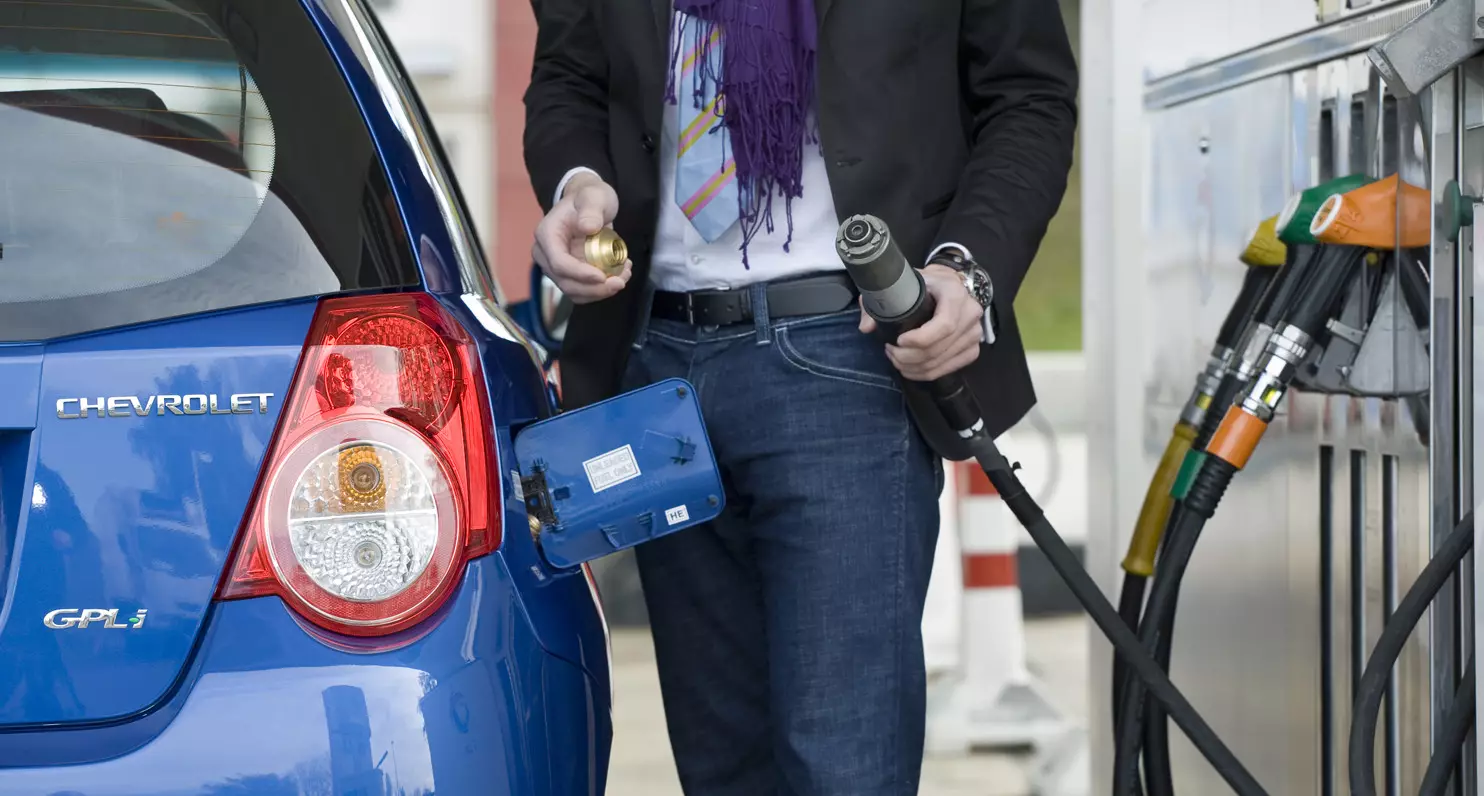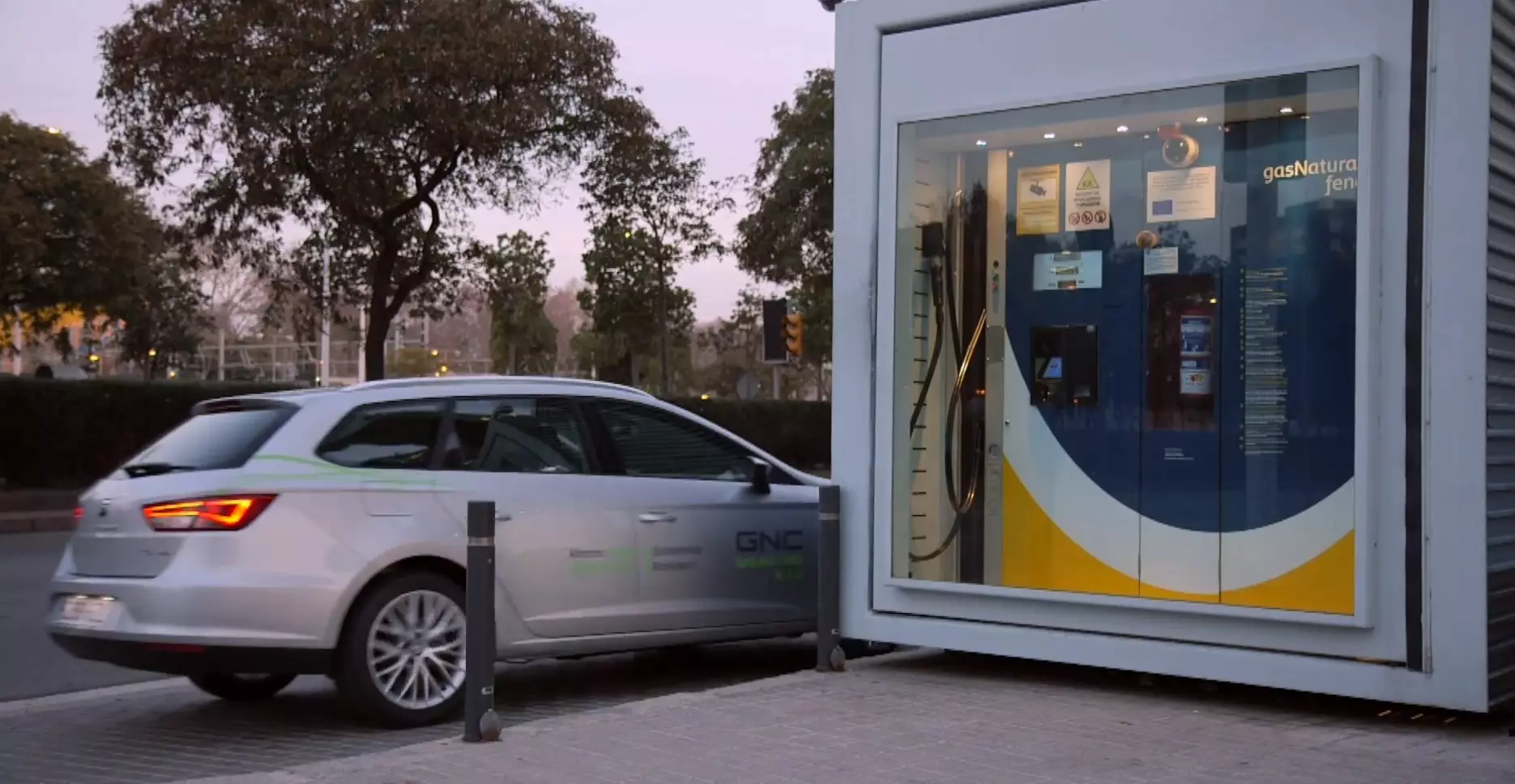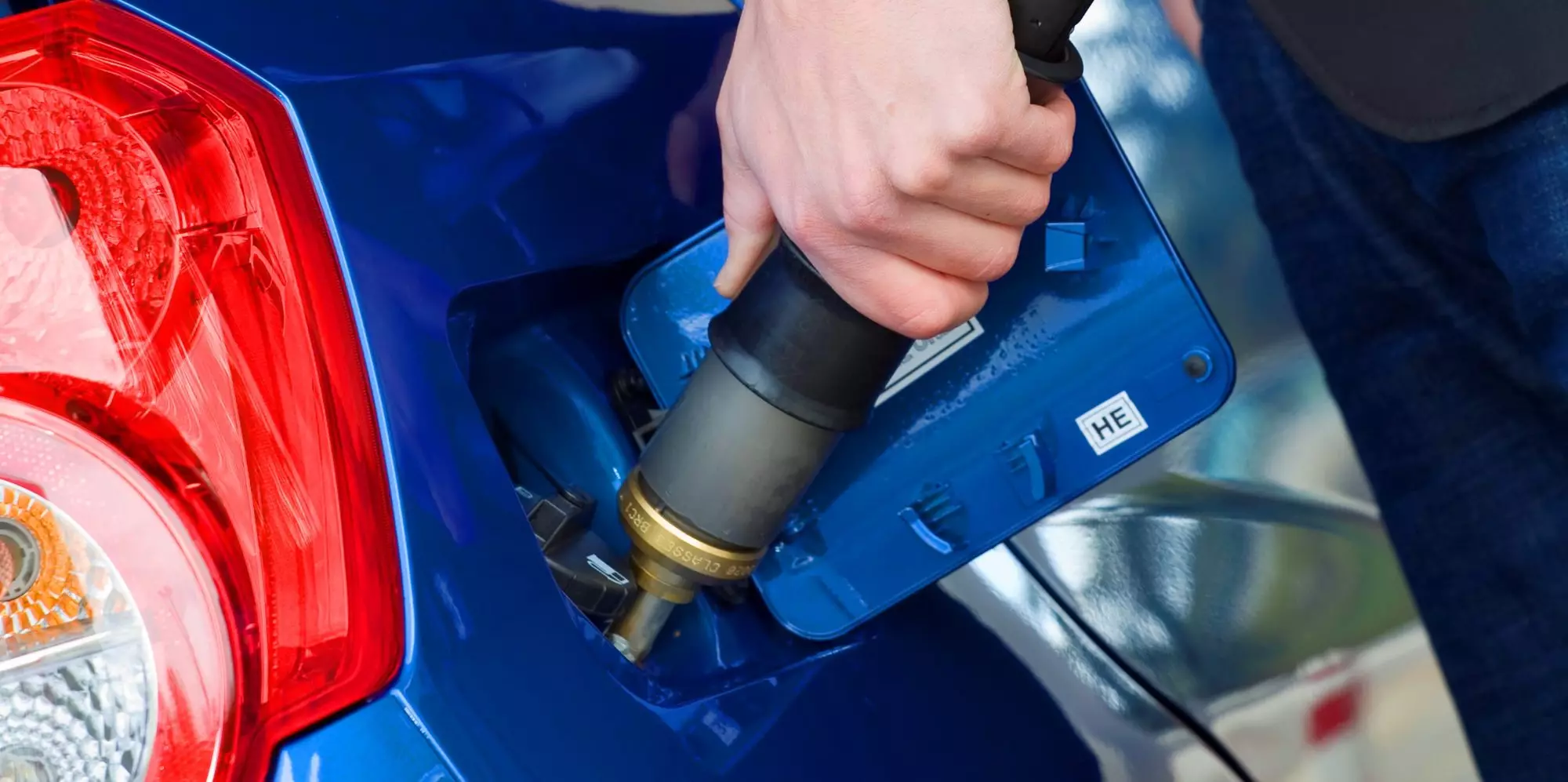Within the scope of the Green Taxation Reform initiated by the previous government (Law No. 82-D/2014 of 31 December) and in measures ratified by the current one, several tax benefits are attributed that give rise to several advantages for the companies.
The most important of which in terms of IRC, through a reduction in Autonomous Taxation: 7.5%, 15% and 27.5% in each of the three levels, instead of 10%, 27.5% and 35% how come from diesel models.
To benefit from the acquisition of these vehicles, which it considered environmentally less polluting, the legislator also decided to reduce the ISV, the Vehicle Tax, by 40%.

And if this makes the purchase price of these cars lower from the outset, companies are also allowed to deduct 50% of the VAT paid on the purchase of these vehicles up to 37,500 euros.
In addition, as with diesel, there is a 50% deduction of VAT on these fuels, with the right to deduct expenses with depreciation of up to 9375 euros/year.
Finally, another advantage for the costs of use, the lower homologated CO2 allows to save a few tens of euros annually in IUC.
So where is the problem?
Tax Authority limits law to ghost cars
The crux of the matter is in this order issued by the Tax Authority (AT), issued in connection with an opinion on the "autonomous taxation system (TA), in relation to charges with a motor vehicle powered alternately with gasoline/LPG", it reads in the document summary.
On the subject, the AT order is not only exhaustive in the requested interpretation, but also extends it beyond the scope of the Autonomous Taxation itself, explained in Point 2 of the aforementioned document:
“With regard to the CISV, paragraph c) of paragraph 1 of Article 8 now provides for the application of an intermediate rate of 40% of the tax resulting from the application of table A, contained in paragraph 1 of Article 7 .º of the same Code, to passenger cars that use exclusively liquefied petroleum gases (LPG) or natural gas as fuel”.

Using this point as a preamble to base the interpretation of Law No. 82-D/2014, the AT issues a conclusion regarding the scope of possible deductions for AT:
“As for IRC, the aforementioned law (…) added n.º 18 to Art. 88, and started to provide for reduced autonomous taxation rates for vehicles powered by LPG or CNG (…) Although the wording of the standard seems to result that the legislator intended to cover (…) any motor vehicle as long as it is powered by LPG or CNG fuel, it will have to be analyzed in the context of the changes carried out in the various Tax Codes by the aforementioned Law. the intention of the legislator with the reform of environmental taxation, which is to favor vehicles that use less polluting fuels than fossil fuels (…) It is clear that the legislator intended to favor, with the reduction of rates, vehicles that use exclusively liquefied petroleum gases (LPG) or natural gas as fuel. , because they are less polluting than vehicles powered by fossil fuels”.
“As a result”, we read in Point 8 of the order, “ Vehicles commonly known as bi-fuel, with alternate fuel, eg gasoline/LPG, are excluded because they are more polluting vehicles due to the use of the aforementioned fossil fuel , so they cannot be favored with the reduction of autonomous taxation rates”, the document reaffirms categorically, which also adds Point 9 as a way to dispel all doubts about the matter.
"In this way, a restrictive interpretation of the provisions of Article 88/18 of the CIRC must be carried out, so that this provision only provides for the reduction of autonomous tax rates for light passenger vehicles powered exclusively by LPG or CNG" , and the part highlighted here in bold is also highlighted in the order that can be consulted from the QR CODE on the previous page.
Interestingly, a reading of the Tax Authority order that limits the attribution of incentives reveals the lack of knowledge that both CNG and LPG, like gasoline, are fossil fuels.

Government and Tax Authority do not respond. Incredulous brands and fleet owners
As soon as it became aware of this order, Fleet Magazine sent a request for clarification to the Ministries of Finance and the Environment, which are responsible for developing and monitoring incentives in the context of more sustainable mobility.
So far, both Ministry have remained silent, it remains unclear which models benefited then, since, due to technical impossibility, there are no light vehicles with exclusive LPG/CNG operation.
In fact, the initial ignition before starting the engine is invariably made using gasoline and generally only after the engine has reached the ideal operating warm-up point can the vehicle run exclusively on LPG or CNG.
The perplexity of most importers contacted is accompanied by the clarification that, so far, either the discounts on ISV or the feedback from business customers have not been affected by this order.
“Bi-fuel cars are fiscally taxed like gasoline cars. An incentive that doesn't really apply to anyone is not really an incentive,” says Ricardo Oliveira, communication director at Renault and Dacia, categorically.
Consult Fleet Magazine for more articles on the automotive market.
